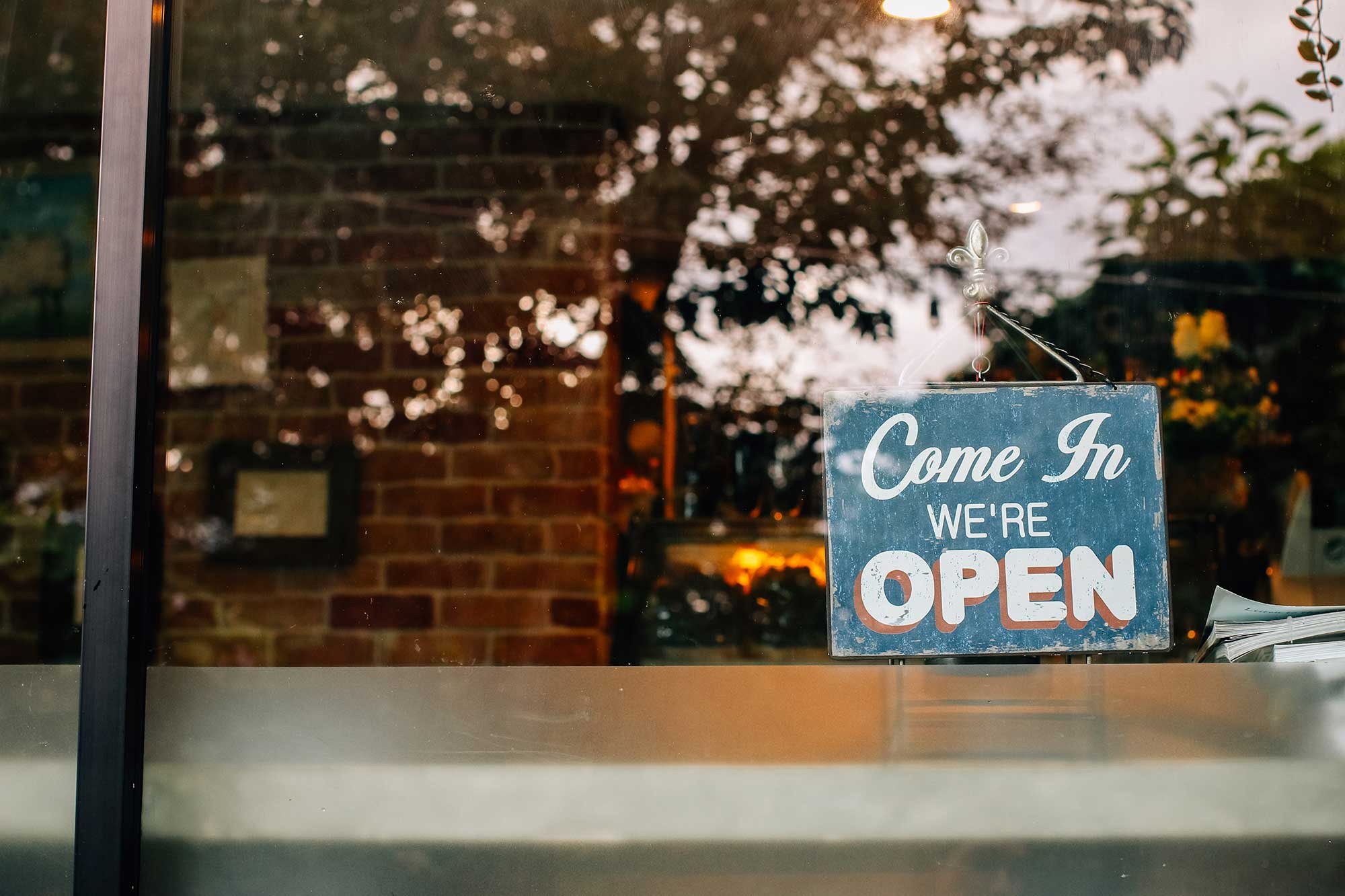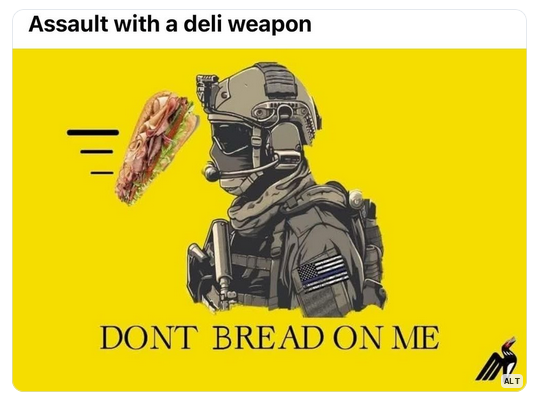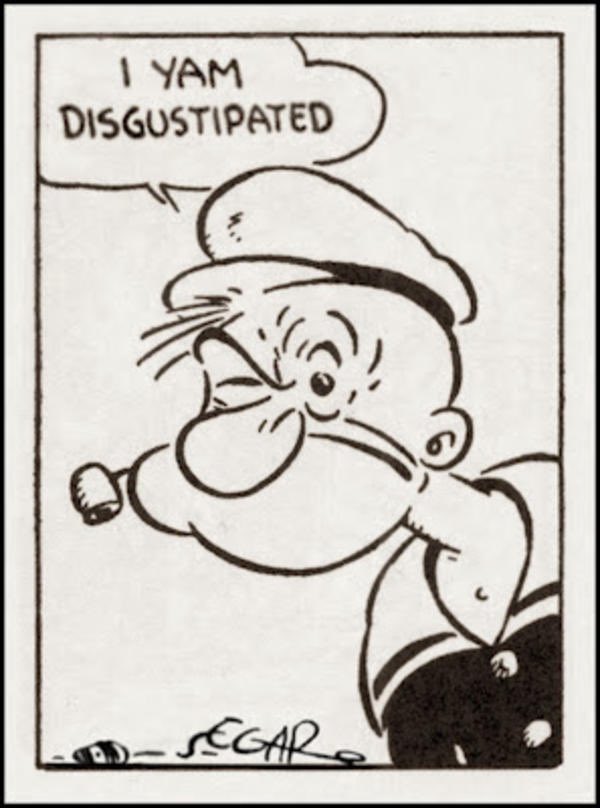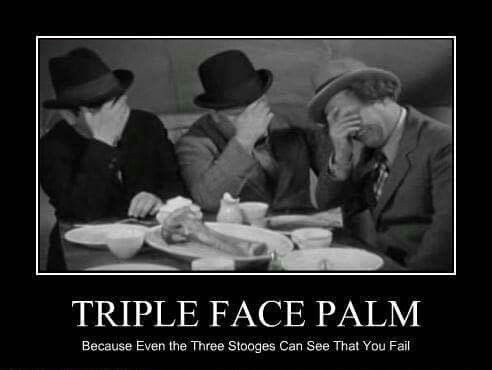my latest is on the president’s abuse of emergency powers and his psychological and practical interest in crisis government. gift link. www.nytimes.com/2025/08/13/o…
— jamelle (@jamellebouie.net) August 13, 2025 at 5:50 AM
Following up on Betty’s post, while we await further news from Alaska… Gift link:
… “Our capital city has been overtaken by violent gangs and bloodthirsty criminals, roving mobs of wild youth, drugged-out maniacs and homeless people,” said President Trump in a stark attack on the nation’s capital. The solution? Military force. “We’re going to put it in control very quickly, like we did in the southern border.” The president later described Washington as more violent and dangerous than some of “the worst places on earth.”
None of this is true. The Justice Department itself announced in January that crime in the capital is, according to data from its Metropolitan Police Department, “the lowest it has been in over 30 years.” The M.P.D. cites a 26 percent decrease in total violent crime so far this year compared with the same period a year earlier. And the areas around the White House, where the president has made a point of stationing National Guardsmen, are not known for crime or disorder (unless you count the Jan. 6 rioters, pardoned by Trump in one of the first acts of his second term). Despite several high-profile incidents — including an assault on a young member of the “Department of Government Efficiency” — there is no evidence to support the president’s hellish depiction of the District.
But his claims are less reason than pretext. Trump is simply enthralled by the image of a crackdown, especially on those he’s deemed deviant. Recall that he wanted to use the Insurrection Act during the protests of the summer of 2020, asking his secretary of defense, Mark Esper, if soldiers could shoot protesters “in the legs or something.” In addition, and perhaps more than anything, he wants to appear in charge, whether or not he’s accomplishing his goals.
The president’s action in the capital — the first time a president invoked the D.C. Home Rule Act of 1973 to take over the city’s police — is just the latest in a long list of so-called emergencies he has conjured up to claim unilateral authority over the American people.
In January, alleging an “invasion” of the country, Trump declared an emergency on the border as pretext for the use of federal troops for immigration enforcement. In March, he invoked the Alien Enemies Act of 1798 with the claim that a Venezuelan gang, Tren de Aragua, was conducting “irregular warfare against the territory of the United States,” a definition of “warfare” that cuts against legal precedent and the plain meaning of the word. Trump used this emergency to unleash immigration authorities on anyone deemed a “gang member,” removing them to the brutal CECOT prison in El Salvador.
And in April, he announced a theretofore nonexistent national economic emergency, invoking the International Emergency Economic Powers Act of 1977 to “address the national emergency posed by the large and persistent trade deficit.” With this, Trump claimed the power to impose broad tariffs at his absolute discretion, beginning a trade war with much of the world.
In addition, Trump has invoked emergency powers to impose sanctions on the International Criminal Court; to punish Brazil for its prosecution of its former president Jair Bolsonaro; and to threaten our northern neighbor, Canada, with import duties…
In a nation made supposedly of laws, we have gambled on the discretion of men to keep the use of crisis authority in check. With Trump, we played a bad hand. Rather than treat emergency powers as a dangerous tool to be wielded with care and caution, this president has used them with reckless abandon as a toy — a means through which he can live his fantasies of strength, domination and authoritarian control.
Beyond the psychological impulse, there is a practical reason that Trump has embraced emergency powers and crisis government through pretense: He can’t do anything else. Look past his boastful claims of deal-making prowess and you’ll see a president who struggles to hold his own in a negotiation of equals and is too acutely solipsistic to persuade a skeptic of his own view. Even his much-vaunted (by subordinates and admirers) trade deals and agreements with institutions of higher education are less exchanges than a form of extortion, in which he uses threats of pain, punishment and legal action to impose a settlement.
Excellent Read: <em>Why Trump Always Wants a Crisis</em>Post + Comments (115)




